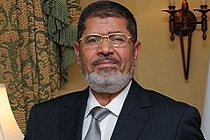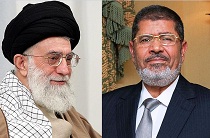Where journalism is a crime
The recent sentences handed out to three Al Jazeera journalists show how far Egypt has moved away from the democratic ideals of the Tahrir Square protests. Egypt now shares space with North Korea, Cuba, Equatorial Guinea, Eritrea and Iran in Freedom House’s 2014 report








